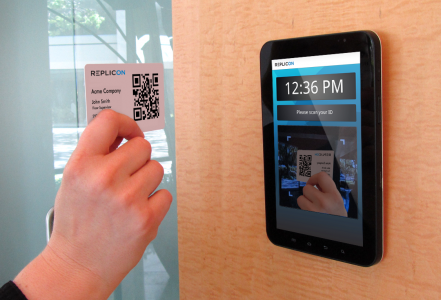 What is the minimum wage in California?
What is the minimum wage in California?
In 2016, California approved a gradual increase to the state minimum wage based on the size of the employer. For 2017, the minimum wage is $10 for employers with up to 25 employees (smaller employers) and $10.50 for employers with 26 or more employees (larger employers). For 2018, those numbers will increase to $10.50 for smaller employers and $11 for larger employers. These annual increases will continue until 2023, when all employers must pay a minimum wage of $15.
Is the minimum wage different in California for tipped employees?
Although the FLSA and the laws of some states allow employers to pay tipped employees a lower minimum wage, California law does not. In California, tipped employees are entitled to the full minimum wage for every hour worked.
When am I entitled to earn overtime in California?
In California, eligible employees must receive overtime if they work more than eight hours in a day or 40 hours in a week. After working 12 hours in a day, California employees must receive double time. If an employee works on a seventh day, that employee is entitled to time and a half for the first eight hours of work and double time for additional hours. Not every type of job is eligible for overtime, however.
Am I entitled to a lunch or rest break in California?
Yes. Employees in California are entitled to a meal break of 30 minutes, unpaid, after five hours, except when the workday will be completed in six hours or less and the employer and employee consent to waive the meal break. The employee cannot work more than ten hours a day without a second 30-minute break, except if the workday is no more than 12 hours. The second meal break may be waived if the first meal break was not waived. An on-duty paid meal period is permitted when the nature of work prevents relief from all duties and the parties agree in writing. Employees are also entitled to a paid ten-minute rest period for each four hours worked or major fraction thereof, as practicable, in the middle of the work period. This is not required for California employees whose total daily work time is less than three-and-a-half hours.
To learn more about wage and hour laws in California, contact the California Department of Industrial Relations.
What are wage and hour laws?
Wage and hour laws set the basic standards for pay and time worked—covering issues like minimum wage, tips, overtime, meal and rest breaks, what counts as time worked, when you must be paid, things your employer must pay for, and so on.
Where do wage and hour laws in California come from?
The federal wage and hour law is called the Fair Labor Standards Act (FLSA). California also has its own wage and hour laws, and some local governments (like cities and counties) do, too. An employer who is subject to more than one law must follow the law that is most generous to the employee. For example, the federal minimum wage is currently $7.25 per hour, but employers in California, which has a higher minimum wage, must pay the higher amount.